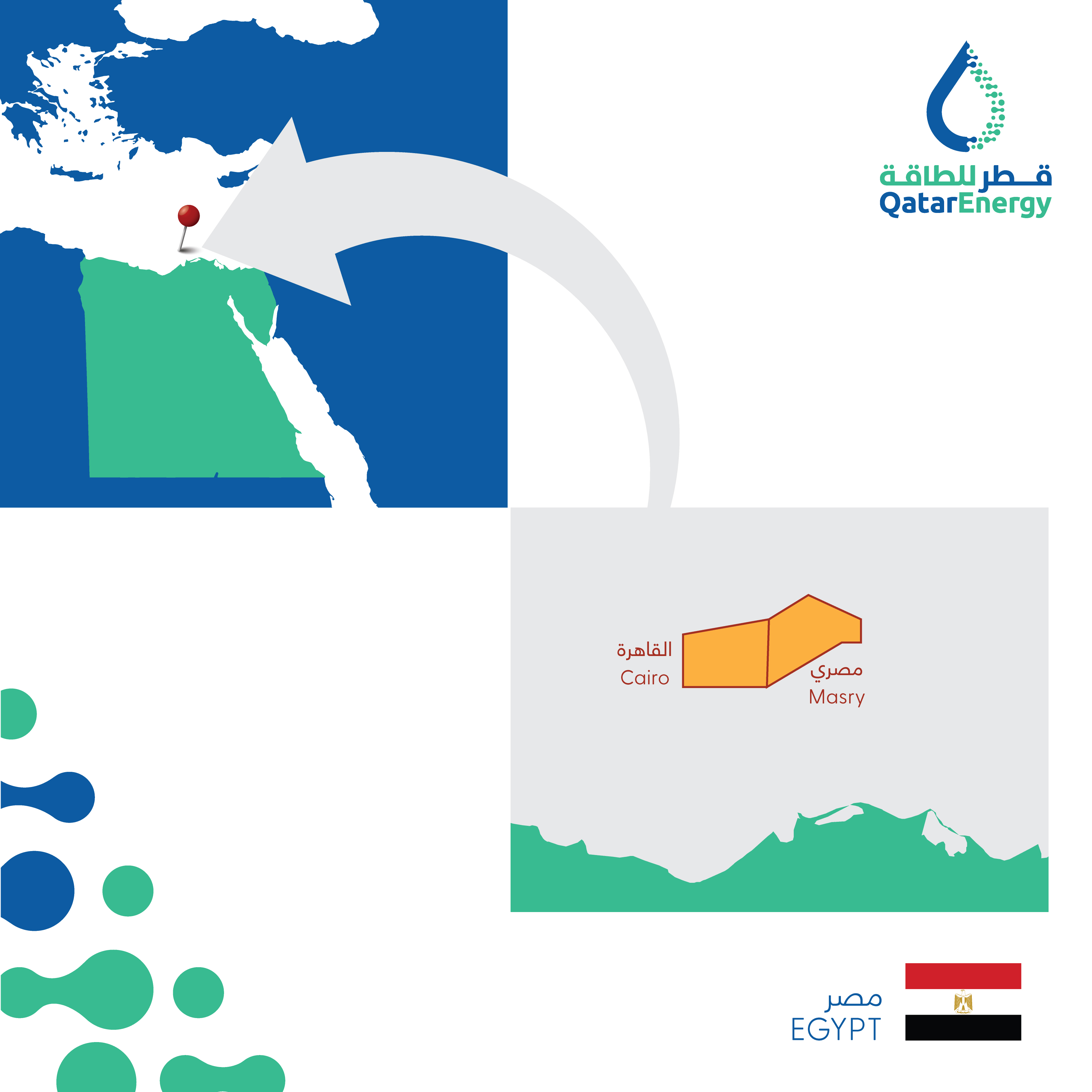QatarEnergy to acquire two new exploration blocks offshore Egypt
QatarEnergy has signed a farm-in agreement with ExxonMobil to acquire a 40% participating interest in two exploration blocks offshore Egypt.
Under the terms of the agreement, which is subject to customary approvals by the government of Egypt, QatarEnergy will acquire a 40% working interest in each of the “Cairo” and “Masry” Offshore Concession Agreements. Meanwhile, ExxonMobil (the Operator) will retain the remaining 60% working interest.
Commenting on the signing of this agreement, Saad Sherida Al-Kaabi, the Minister of State for Energy Affairs in Qatar, and the President and CEO of QatarEnergy said, “I am pleased with our entry into the Cairo and Masry offshore exploration blocks as they expand QatarEnergy’s presence in the Arab Republic of Egypt and extend our ambitious exploration program in-country.”
He added, “We look forward to working with our valued long-term strategic partner ExxonMobil, as well as with the Egyptian Natural Gas Holding Company (EGAS) and the Egyptian Ministry of Petroleum and Mineral Resources, in this promising and prospective region. I would like to take this opportunity to thank the Egyptian authorities and our partners for their valuable support and cooperation.”
The Cairo and Masry offshore exploration blocks were awarded to ExxonMobil in January 2023 and cover an area of approximately 11,400 square kilometres in water depths of 2,000 to 3,000 meters.
Egypt as a key player in the gas market
Egypt holds the largest gas reserves in the Eastern Mediterranean region, estimated at around 2.65 trillion cubic feet (Tcf) as of FY 2022/2023, according to state data.
These reserves are primarily located in the Nile Delta and the Mediterranean Sea.
The country has been actively exploring and developing new gas fields to expand its reserves and maintain production levels to meet local and global demand.
Egypt has strategically positioned itself as a key player in the regional and global gas market. It has entered into various export agreements with neighboring countries, including Jordan and Israel, to supply natural gas. The country's average daily production stood at around 6.2 billion cubic feet (bcf) in FY 2022/2023, state data revealed.
Additionally, Egypt has become an important exporter of liquefied natural gas (LNG), with two LNG export terminals in operation and plans for further expansion to capitalize on its growing gas production. Last year, it launched a $1.8 billion initiative last year to drill 35 exploratory wells for natural gas in two years in the Mediterranean Sea and Nile Delta.
To support increased production and facilitate distribution, Egypt has been investing in expanding its gas infrastructure. This includes the construction of new pipelines, compressor stations, and gas processing plants. The expansion of infrastructure not only improves domestic distribution but also enhances Egypt's ability to export gas to international markets.
The Egyptian government has enacted policies and regulations to govern the gas sector effectively, such as establishing transparent licensing processes, setting environmental standards for exploration and production activities, and implementing fiscal regimes to ensure fair revenue sharing between the government and investors.
These measures aim to promote investment, safeguard the environment, and maximize the socioeconomic benefits of gas production.





